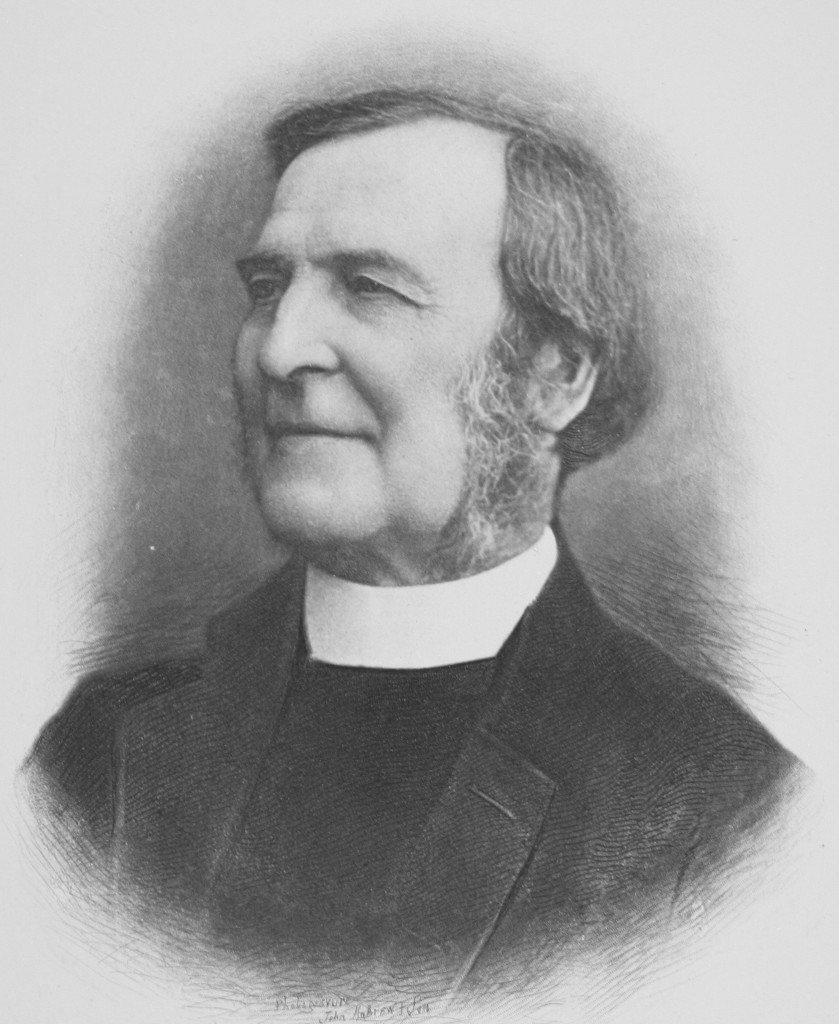Consolation used to have a pivotal place in philosophy. This was not only the case with Boetheius. He came at the tail end of a long tradition of philosophy and theology as a way of life. This was a way of life (Hadot) that was supposed to console its adherents (Platonists, Aristotelians, Stoics, and yes, Christians) by guiding them through the travails of life.
The commonplace is that consolation has had a bad name at least since Kant. The stereotype is that if your action is in harmony with your desires and habits then there’s something wrong with it, because you are not freely using your autonomous reason. Your embeddedness constrains your freedom.
This prejudice against organic thinking is so pervasive that some of my friends chose their course of study in college precisely because it went against their natural inclinations and talents (What Kants!).
Conor Cunningham has written against these trends in his brilliant Genealogy of Nihilism. In Cunningham’s Darwin’s Pious Idea there’s an anecdote that turns against the notion of atheism as an escape from cheap consolation in religious embeddedness. He notes how atheism has been around long enough to become a homey default option for the masses:
“People such as Dawkins argue that religion is dependent on, even reducible to, the culture or background in which it is found: you are a Christian because you were brought up one. The silliness of this is almost too evident to bother pointing out, but here we go. Today in the developed, English-speaking West, it is seemingly de rigueur to be brought up in a secular manner (probably because it turns us into more efficient consumers, but that’s by the by), just as it was compulsory to be brought up an atheist in the Soviet Union. So it is merely a case that all the sheep once went to church and now all the sheep do not? Someone once criticized the Archbishop of Canterbury Frederick Temple by saying, ‘you believe what you believe because of the way you were brought up.’ Temple replied, ‘That is as it maybe. But the fact remains that you believe that I believe what I believe because of the way I was brought up, because of the way you were brought up.'”

Sidenote: my much circulated piece “A True Opium for the People…” picks up on Cunnigham’s parenthetical comment above about the comforts of disbelief and consumerism. And Pater Peter’s blog continues with Alfred Delp’s discomfiting meditations on Advent. One of them begins with the following:
“The deepest meaning of Advent cannot be understood by anyone who has not yet first experienced being terrified unto death about himself and his human prospects and likewise what is revealed within himself about the situation and constitution of mankind in general.”
Read the rest here.
I’ve never been a Sheryl Crow fan, but I thought I’d get you in a slightly terrified mood with this blast from my past:
Punishing, isn’t it?
BOOKS MENTIONED IN THIS POST:


















